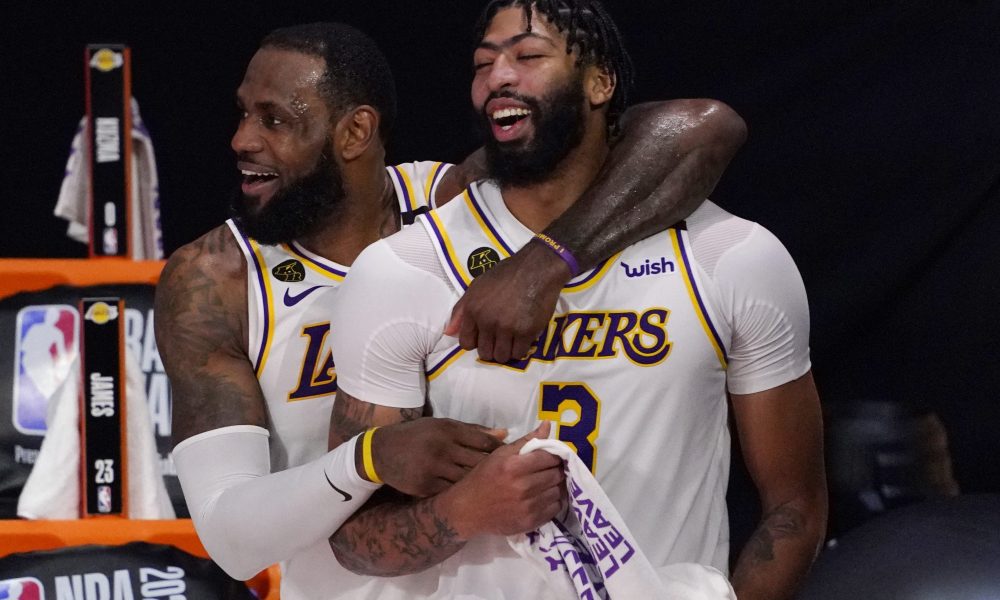
When teammates touch each other, good things happen. That was the conclusion of a study a few years ago at the University of California, Berkeley. Researchers tried to discern the likelihood of success in the National Basketball Association based on how often fellow players went out of their way to experience mutual physical contact. The research group watched hundreds of early season games that featured every NBA team. They counted the number of touches: fist bumps, high-fives, chest bumps, leaping shoulder bumps, chest punches, head slaps, low-fives, full hugs, half hugs, and impromptu team huddles. Then they monitored team performance over the remainder of the season. As Daniel Pink reports in his book When, touch proved to be an excellent predictor of team success. Even after taking into account the skill levels of individual players, it seemed clear that teammates who went out of their way to be in each other’s presence experienced more collaboration – and that elevated group performance. Pink calls it “belongingness.” It’s hard to define. But you know it when you see it. It was impossible not see the belonginess of the Los Angeles Lakers, who last Sunday evening won their franchise’s 17th national championship, bringing to an end what was almost certainly the most difficult NBA season in history. Play began in October 2019 and wrapped up in October 2020. Because of the global pandemic, teams were isolated in the Disney World “Bubble.” The deeper a team went into the playoffs, the longer it remained cut off from the outside world. Disney may identify itself as the Happiest Place on Earth, but coaches and players uniformly cited the stress of being locked down for 90 days. No one questions that the Lakers have extraordinary talent. When two of the five best players in the league – LeBron James and Anthony Davis (pictured above) – are wearing your jersey, your chances of victory are pretty good. But sports history is littered with the accounts of amazingly talented teams who never achieved amazing victories. Many of them struggled to live together and play together. The Lakers, on the other hand – recently a strife-ridden franchise that hadn’t even made the playoffs since 2013 – radically elevated the level of their togetherness. Even if high-fives and chest bumps didn’t directly yield baskets and rebounds, they certainly enhanced the experience of joy. I know what you’re thinking: We don’t live in a Bubble, let alone the Magic Kingdom. Low-fives and hugs are off-limits at Target this fall. How do we experience belonginess in a coronavirus-restricted world? If we ponder the “one-another” verses of the New Testament – the 59 verbal commands that form the heart of the Jesus-following community – it’s clear that we have to hit the pause button for now on verses like “greet one another with a holy kiss.” (2 Corinthians 13:12) But even at a distance, we can “carry each other’s burdens” (Galatians 6:2), “forgive each other” (Ephesians 4:32), “pray for each other” (James 5:16), and “spur one another on toward love and good deeds.” (Hebrews 10:24) Above all, in the midst of our polarized and fractured culture, we must be drawn more relentlessly than ever to “don’t grumble against each other” (James 5:9) and “stop passing judgment on one another.” (Romans 14:13) Belongingness can still thrive. As spiritual teammates, with God’s help, we can find non-physical ways to touch and heal each other. |
